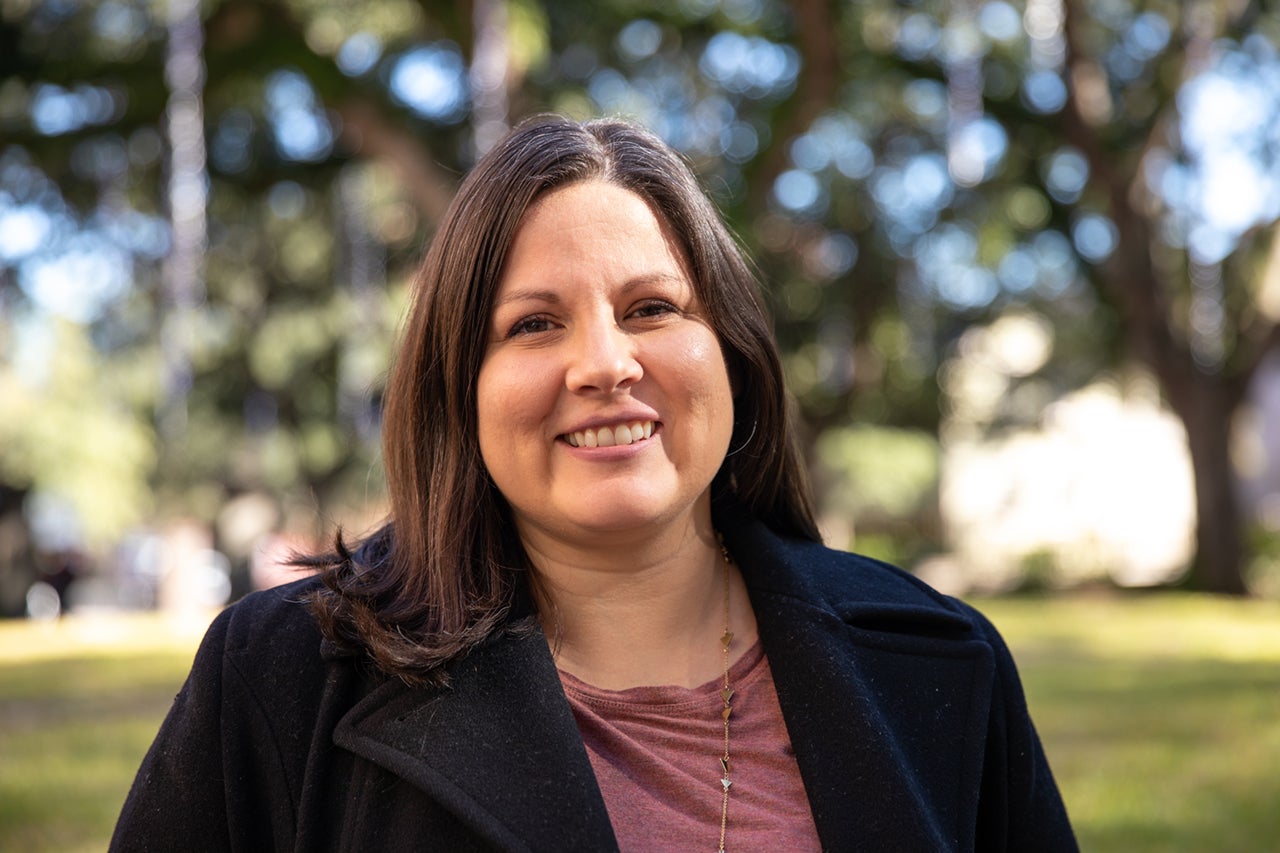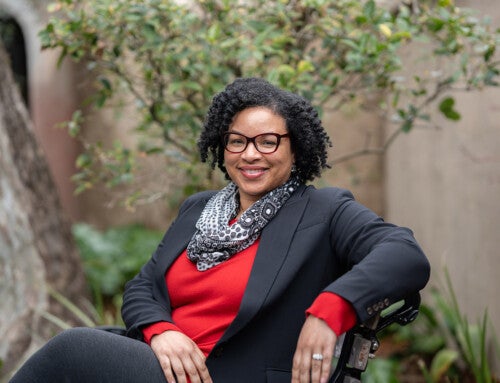It’s a research project ripped from the headlines. And there hasn’t been a shortage of stories in the news lately about objects of cultural significance being returned to their countries of origin.
Most recently, French President Emmanuel Macron called for thousands of African artworks in French museums, taken without consent during the colonial period, to be returned to Africa. College of Charleston history professor Lisa Pinley Covert wants to study the historical implications of this preservation movement back to the 1970s in Mexico and Peru.
Covert has received a Fulbright Global Scholar Award to conduct research to contribute to her study, “International Visions, Local Implications: Cultural Patrimony Policies in Mexico and Peru in the 1970s.” The project will provide historical context for the challenges of preserving historic sites and repatriating historic artifacts by examining case studies in Mexico and Peru and looking through the United Nations Educational, Scientific and Cultural Organization archives in Paris. Covert will conduct her research in the spring and summer of 2019.
“Archeologists and anthropologists have studied these things, but what I am really interested in is looking at not only how governments created policies to protect their artifacts from leaving the country, but also how these policies affected communities within the country that may have had them,” says the professor. “Were there unintended consequences for the citizens of that country? Ultimately, this project explores how laws and policies have affected local communities’ opportunities for economic development and their rights to possess and interpret their own cultures and histories.”
Covert wants to know what drove these policies to be put in place in the ’70s. She believes that a better understanding of the historical implementation of these policies and the responses and experiences of local communities should lead to a better understanding of how to approach current disputes around the world.
“As a historian, I’m looking at the why,” she says.
Featured image of Lisa Pinley Covert. (Photo by Heather Moran)




